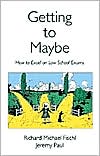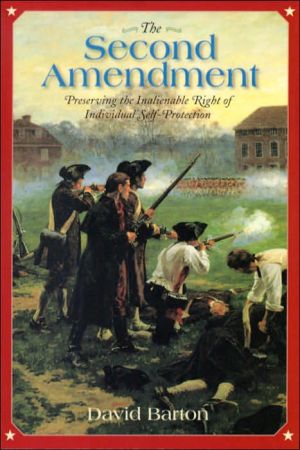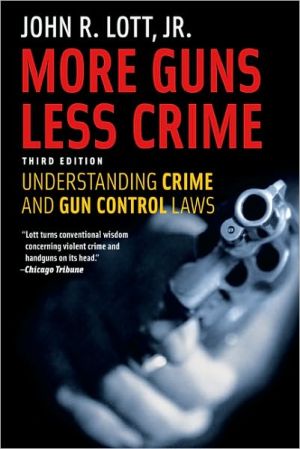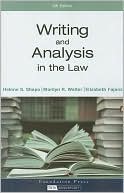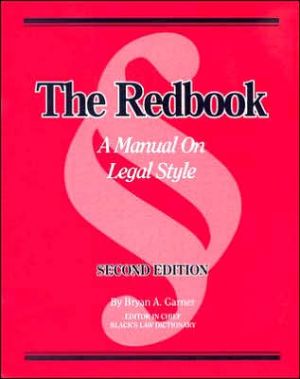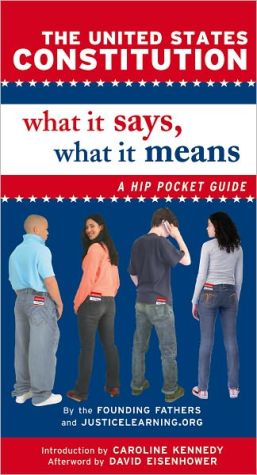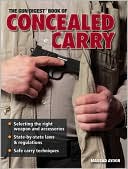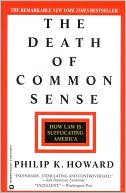Life Without Lawyers: Liberating Americans from Too Much Law
Americans are losing the freedom to make sense of daily choices—teachers can't maintain order in the classroom, managers are trained to avoid candor, schools ban the game of tag, and companies plaster inane warnings on everything: "Remove Baby Before Folding Stroller."\ Philip K. Howard's urgent and elegant argument is full of examples, often darkly humorous. He describes the historical and cultural forces that led to this mess, and he lays out the basic shift in approach needed to fix it....
Search in google:
How to restore the can-do spirit that made America great, from the author of the best-selling The Death of Common Sense. Publishers Weekly In his latest prescriptive survey of American law abuse and its consequences, Howard (The Death of Common Sense, The Collapse of the Common Good) sticks to the formula: one ghastly anecdote after another demonstrating how the justice system hinders freedom and confounds Americans who simply want to do the right thing. Either through litigation or the fear of it, Howard argues, we've ceded our everyday decision-making to the lawyers (we "might as well give a legal club to the most unreasonable and selfish person in the enterprise") resulting in everything from "no running on the playground" signs to a 5-year-old handcuffed at school by police; from diminishing health care quality and spiraling costs to doctors afraid of discussing treatments among themselves over email. Chair of nonpartisan advocacy organization Common Good, Howard has a great deal of knowledge and a catalog of abuses that will elicit fury and despair. For the third time in some 15 years, Howard agitates for change by asking "How did the land of freedom become a legal minefield?"; in this time of financial depression and political hope, Howard may have found the perfect moment to sound his alarm. Copyright © Reed Business Information, a division of Reed Elsevier Inc. All rights reserved.
Introduction 11Ch. 1 The Boundaries of Law 15Ch. 2 The Freedom to Take Risks 34Ch. 3 The Authority to Be Fair 49Ch. 4 The Boundaries of Lawsuits 68Ch. 5 Bureaucracy Can't Teach 93Ch. 6 The Freedom to Judge Others 122Ch. 7 Responsibility in Washington 150Ch. 8 The Freedom to Make a Difference 178Agenda for Change 203References 207Acknowledgments 219
\ Publishers WeeklyIn his latest prescriptive survey of American law abuse and its consequences, Howard (The Death of Common Sense, The Collapse of the Common Good) sticks to the formula: one ghastly anecdote after another demonstrating how the justice system hinders freedom and confounds Americans who simply want to do the right thing. Either through litigation or the fear of it, Howard argues, we've ceded our everyday decision-making to the lawyers (we "might as well give a legal club to the most unreasonable and selfish person in the enterprise") resulting in everything from "no running on the playground" signs to a 5-year-old handcuffed at school by police; from diminishing health care quality and spiraling costs to doctors afraid of discussing treatments among themselves over email. Chair of nonpartisan advocacy organization Common Good, Howard has a great deal of knowledge and a catalog of abuses that will elicit fury and despair. For the third time in some 15 years, Howard agitates for change by asking "How did the land of freedom become a legal minefield?"; in this time of financial depression and political hope, Howard may have found the perfect moment to sound his alarm. \ Copyright © Reed Business Information, a division of Reed Elsevier Inc. All rights reserved.\ \ \ \ \ Library JournalReaders familiar with Howard's previous best sellers (Death of Common Sense and The Collapse of the Common Good) will recognize the central argument in this book: the "lawsuit culture" of the United States has undermined personal freedom and diminished our capacity for common sense. Using dramatic stories to illustrate his points, Howard describes education and healthcare systems so bound by rules, policies, and laws that teachers and doctors are incapable of acting according to their best professional judgment. Although a good deal of the book is dedicated to tracing the historical origins of the current legal culture, Howard is primarily concerned with laying out his vision for changing the culture and restoring coherent boundaries to the legal system. The book concludes with an eight-point "agenda for change" summarizing Howard's arguments, plus a substantial bibliography. Recommended for all public libraries and for academic libraries collecting in legal philosophy and cultural criticism.\ —Rachel Bridgewater\ \ \

